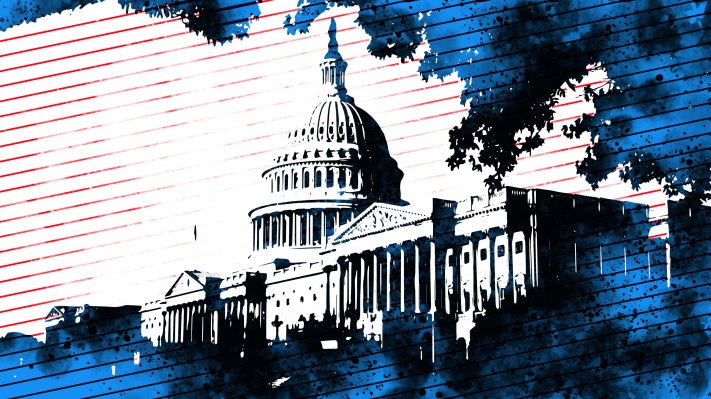Senator Kamala Harris (D-CA), who has already announced her presidential campaign, has introduced a bill that would double down on one of the rare successful tech upgrade programs in the government today: the U.S. Digital Service. Ultimately she wants this quietly effective program to go from federal to state and local level, and command a much larger $65 million yearly budget.
If you haven’t heard of the USDS, don’t worry — it’s not exactly flashy. Founded under Obama’s tenure after the Healthcare.gov debacle, the modest (around 200 people) team has been taking on federal projects like digitizing veteran benefits paperwork, building APIs and payment systems for Medicare and that sort of thing.
It’s working (and saving enough money through smart spending) to the point where the current administration has quietly but steadily supported it — though reportedly it has had trouble recruiting over the last couple of years. USDS and its director, Matt Cutts, don’t get a lot of press but they’re involved in the ongoing (and likely neverending) revamp of federal IT efforts.
What Sen. Harris’s Digital Service Act would do is extend the program to the state, county and city level, with a fixed budget it would distribute to individual short-term projects.
“We must do more to empower our state and local governments to tap into the power of technology to provide seamless, cost-effective services for the 21st century,” Harris said in a press release announcing the bill.
States are already working on creating teams to do what the federal team does — essentially intensive development targeted at high-impact applications — and the bill would support those with federal money.
The bill proposes two numbers: $50 million for the USDS to continue its work at the federal level, well above its approximate current budget of about $15 million. Then there’s $15 million on top of that set apart specifically for state and local projects. The money would be awarded case by case, similar to other federal aid grants. The announcement describes them as follows:
2-year grants ranging from $200,000 to $2.5 million per year, according to the population they serve. Grants require a 20 percent cost share [i.e. paid 20 percent by the local government] and at least 50% of the grant must be used for talent rather than technology.
Those latter number prevent a few obvious sweetheart deals and buying packaged services from vendors or other providers. This is about hiring people to build bespoke systems, not hunting for bargains.
The act would also require yearly reports on the impact of USDS projects — not that oversight is desperately required, as the success of the program has shown, but simply because accountability should be the norm, not the exception.
You can read the full text of the bill here. Although increases in spending are risky propositions right now, this one can at least claim that it will produce savings far in excess of its budget, as the existing program has. And should it fail to proceed, it also serves as a statement of purpose and a plank in Harris’s presidential platform.
